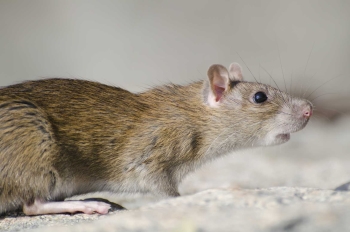In Vivo Target Validation
Animal models provide important in vivo verification of whether genetic mutations abrogate (or attenuate) the virulence of disease. Creative Biolabs provides early in vivo proof of concept models, which can quickly adapt to your preferred strains, species, and cells, and provide key data for target genes.
When the studies were taken to the animal models for targets validation, they tend to have low success rates than studies in cell cultures. In spite of low success rates, it has been recognized that in vivo drug target validation performed in animal disease models is superior to in vitro validation performed in cell cultures. The ability to perform in vivo target validation provides higher value information than in vitro validation to understand the role of a particular target in the disease process, multiple genes cooperation in the same pathway, as well as the role of the pathway in the disease. This information is vitally critical to the drug discovery process.
In vivo target validation usually requires the target to be modulated after the disease model has established. Ways can achieve target modulation including conditional target gene expressing, RNAi or antisense RNA silencing. The treatment starts after the disease model has established to mimic a therapeutic approach and to exclude functions of the target.
 Distributed under Freepik License, from Freepik.
Distributed under Freepik License, from Freepik.
Creative Biolabs has developed a real time imaging (IVII) technology for assessing the time course of luminescence expressing during disease development process. The gene knockout or gene silencing strains in combination with bioluminescent can be used to provide in-life assessments of disease progression and target validation. This innovative technology is a promising treatment of life-threatening diseases.
Creative Biolabs offers several in vivo models, including several types of mice, rats, rabbits, guinea pigs, dogs, minipigs, and non-human primates. For a certain disease model, an appropriate mammal strain or species must be selected. This is necessary because the same toxic, metabolic, immunological or mechanical stimulus might cause a different phenotype in different colonies with their specific genetic background. We have internationally recognized expertise in testing the efficacy of novel targets, and our portfolio of models is continually expanding to meet various demands of our customers. Factors such as strain, colony, age, gender, diet, housing conditions, microbial status, and handling are taken into account to ensure the outcome of interventional studies in laboratory animals.
Creative Biolabs is proud to have a dedicated in vivo capability with streamlined reporting, which largely saves valuable drug development time.
For more detailed information, please feel free to contact us or directly sent us an inquiry.
For Research Use Only.
